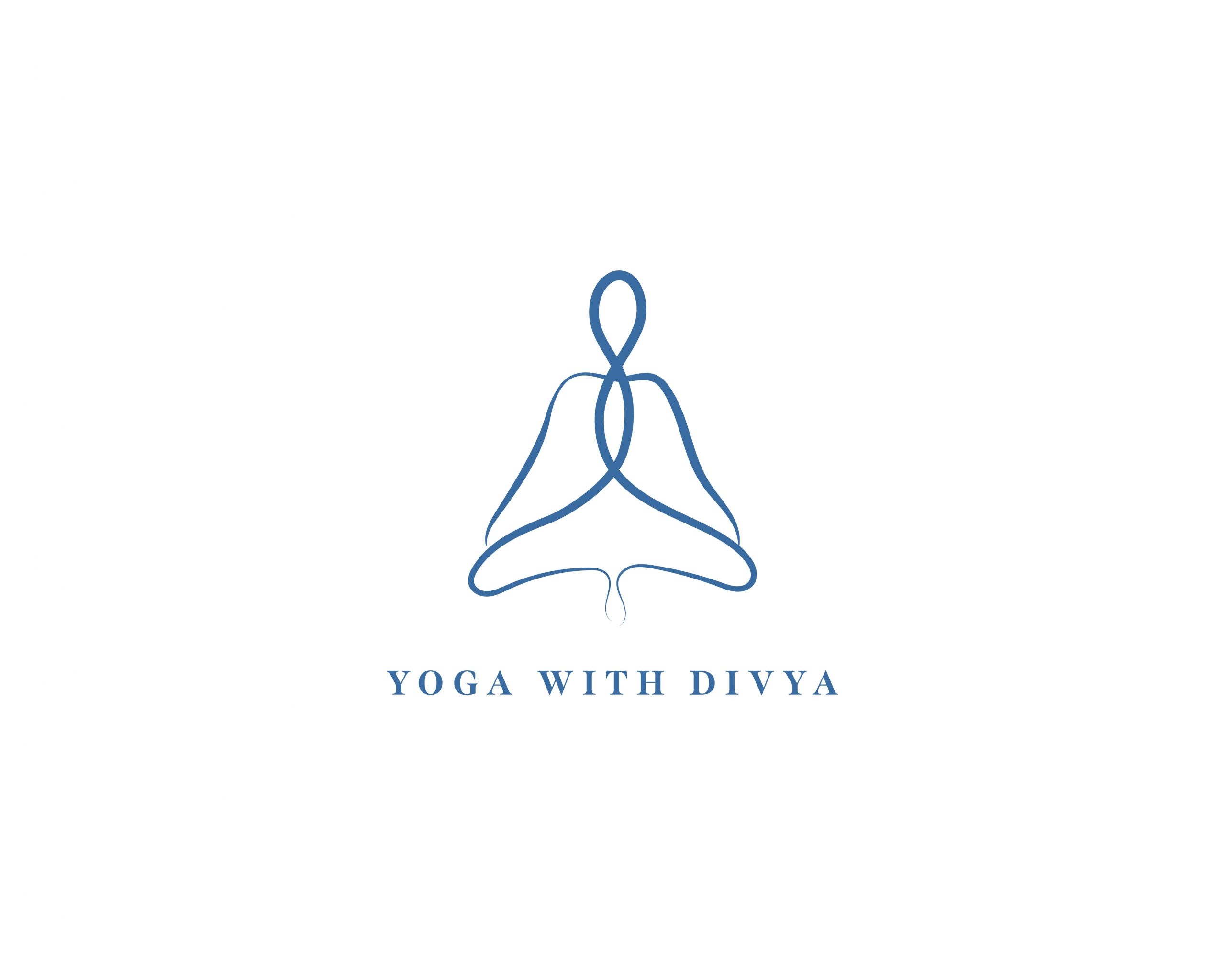We are a society more aware than at any other time in history of our capacity to look after our own health. But we are also at the beginning of learning how to empower ourselves from the inside out. A combination of the mass explosion of the wellbeing industry, public campaigns and multiple channels to spread information, all within just the last few decades, has led to an expectation of us as individuals to take an active role in our health.
The growth of the holistic community has also empowered us with ways to treat or even prevent disease and ailments without sole reliance on doctors, conventional medicine or invasive treatment. Understanding our diet and fitness have become part of daily life debate, whether or not we choose to engage with it.
 We are waking up to factors beyond food and exercise as determinants to good health. We are delving deeper and are encouraged – unlike our parents’ generation – to look at the impact relationships, finances, time management and the places we spend time in are having on how we physically feel.
We are waking up to factors beyond food and exercise as determinants to good health. We are delving deeper and are encouraged – unlike our parents’ generation – to look at the impact relationships, finances, time management and the places we spend time in are having on how we physically feel.
Significantly, the last 30 years has seen a wellspring of scientific interest in “stress”, acknowledging its existence and showing how it impacts the body in multiple ways. There is consensus that high levels of ongoing stress, or a deeply stressful life incident, can be a root cause or exacerbate any number of health concerns, from serious illness (heart disease, cancers, type 2 diabetes, chronic fatigue, depression) through to anxiety, sleep disturbance, low mood, weight gain, headache or migraine, back pain, gynaecological imbalance, digestive issues and burnout.
As average life spans become longer, and we are subjected to the pressures of consumerism, increased materialism and the rapid increase of the digital age, so our stress levels are anticipated to rise and have a knock on effect on our wellbeing.
We are already processing high and increasing volumes of information on a regular basis and trying to keep up with the speed of everything. What will happen as things move even faster, with technological advancement apace each day? We’ve moved on in such a relative short space of time from keeping shops open for a few hours on a Sunday to being available to work colleagues, friends and the world – not to mention YouTube video shares, 24 hours, 7 days a week.
But even if we did or could, say, downscale our job to work fewer hours, develop a smarter fitness routine, refine and bespoke our diet to personal need, limit screen time, and move to the countryside… all these still depend on external change or outside factors. Plus there will always be a limit to how much we can control our spaces, the information age itself, unexpected life events and the natural ageing process.
What though if we could find a way that didn’t rely on anything external (or the running away from it) to manage increased stress factors, life events, and the impact of the environments we find ourselves in? That would be revolutionary wouldn’t it?
Not so revolutionary if we look at the East which has traditionally seen the mind and physical body as one. Training the mind and managing emotions as a path to wellbeing has been documented in texts by eastern scholars and mystics for thousands of years.
Yoga and meditation, now hugely popular in the West, were ancient disciplines specifically designed to empower the individual to control and filter the effects of external life so as to not disturb internal balance. Ayurveda, the ancient Indian science of health and wellbeing, is a medical approach that treats causes rather than symptoms and works by optimising the body’s internal functioning. Buddhism as a philosophy is inherently psychological, with practices and concepts that work on ‘changing the seeds’ planted in our mind and emotions in order to live a contented life and manage whatever it brings in our way.
Interestingly, as eastern culture in modern times has embraced more western values and ways of living, and is just as susceptible to the technological age as any other part of the world, that intuitive knowledge of mind-body connection has become diluted and needing to be re-learnt.
Meanwhile, here in the West, treatment of the body was kept separate from the mind right up until the birth of modern psychology in the 20th century. This, coupled with a new interest in eastern thought and spirituality bursting through in the late 1960s through counter culture movements, has greatly influenced the much wider lens of thinking about our health.
In fact it’s said we are living in ‘a golden age’ of mind-body connection understanding. What was once shunned by mainstream science or called ‘pseudoscience’ in medicine has shifted dramatically in recent times.
Mind Body Medicine is now accepted, funded and a continually growing area of research and application, borne out of ample studies and publications that show a clear link between thoughts, feelings and emotions and the role they play not only to physical health, but even to the possibility of reversing the effects of disease and trauma.
Of course, say this to a Yogi and they will give you a knowing smile. Yoga’s central idea is that the individual can transform patterns, thoughts and even their entire mind set. As a practice, Yoga inherently knits the mind, body and spirit together and Meditation brings us back to a remembrance of that very connection.







Thanks for reading.